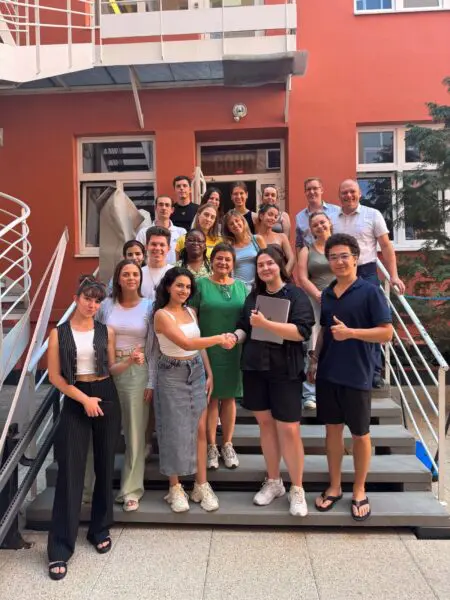
Prague, Czechia
Politics, Media and Campaigning
When:
03 August - 14 August 2026
Credits:
5 EC
Read more
Political Science
When:
05 August - 09 August 2019
School:
Institution:
Maastricht University
City:
Country:
Language:
English
Credits:
2 EC
Fee:
600 EUR

The melting of the Arctic ice cap, the disputed maritime boundaries in the South China Sea and the involvement of many states in the Syrian War underline the geopolitical complexity in international relations. This course teaches you the skills to identify the geopolitical drivers of inter-state conflicts, write scenarios for these conflicts and assess the impact of these scenarios on the foreign policy strategy of the states involved. What is national security, and why is it often seen as a national interest? Which territories and maritime areas are subject to conflicts between states? And how can scenario planning help you imagine the future of such conflicts and anticipate likely responses to them by the states involved? To answer these questions, you first complete a group assignment in which you analyze the geopolitical risk drivers of an inter-state conflict over a chosen area. You then analyze the foreign policy strategy of one of the states that are involved in this conflict. The final assignment concerns the writing of four scenarios for the conflict and the possible responses of the aforementioned state to each scenario. You present your findings in class. Interactive lectures and roundtable discussions help you prepare for your assignments.
L.A.S. van Efferink
▪ Strong motivation and good command of English are essential to get a pass for the course;
▪ Basic knowledge of (geo)political ideas and trends is recommended;
▪ Aimed at Bachelor/ Master/ PhD students in Political Sciences/ International Relations/ Geography/ History/ Economics/ Business/ Media Studies/ Journalism/ Cultural Studies/ Linguistics. If in doubt, please contact Leonhardt for personal course selection advice
▪ Designing an analytical framework to study the role of geopolitical factors in foreign policy;
▪ Writing scenarios for areas that are contested by multiple states and exploring plausible foreign policy responses by these states;
▪ Understanding how national security as a key national interest can be defined by states;
▪ Developing your critical thinking skills by productively combining knowledge, assumptions and questions;
▪ Boosting your employability by acquiring valuable skills required for positions in business, government and academia.
Fee
600 EUR, This 1-week course costs €600,-.
When:
05 August - 09 August 2019
School:
Institution:
Maastricht University
Language:
English
Credits:
2 EC

Prague, Czechia
When:
03 August - 14 August 2026
Credits:
5 EC
Read more

Colchester, United Kingdom
When:
23 February - 27 February 2026
Credits:
4 EC
Read more

Colchester, United Kingdom
When:
16 February - 20 February 2026
Credits:
4 EC
Read more